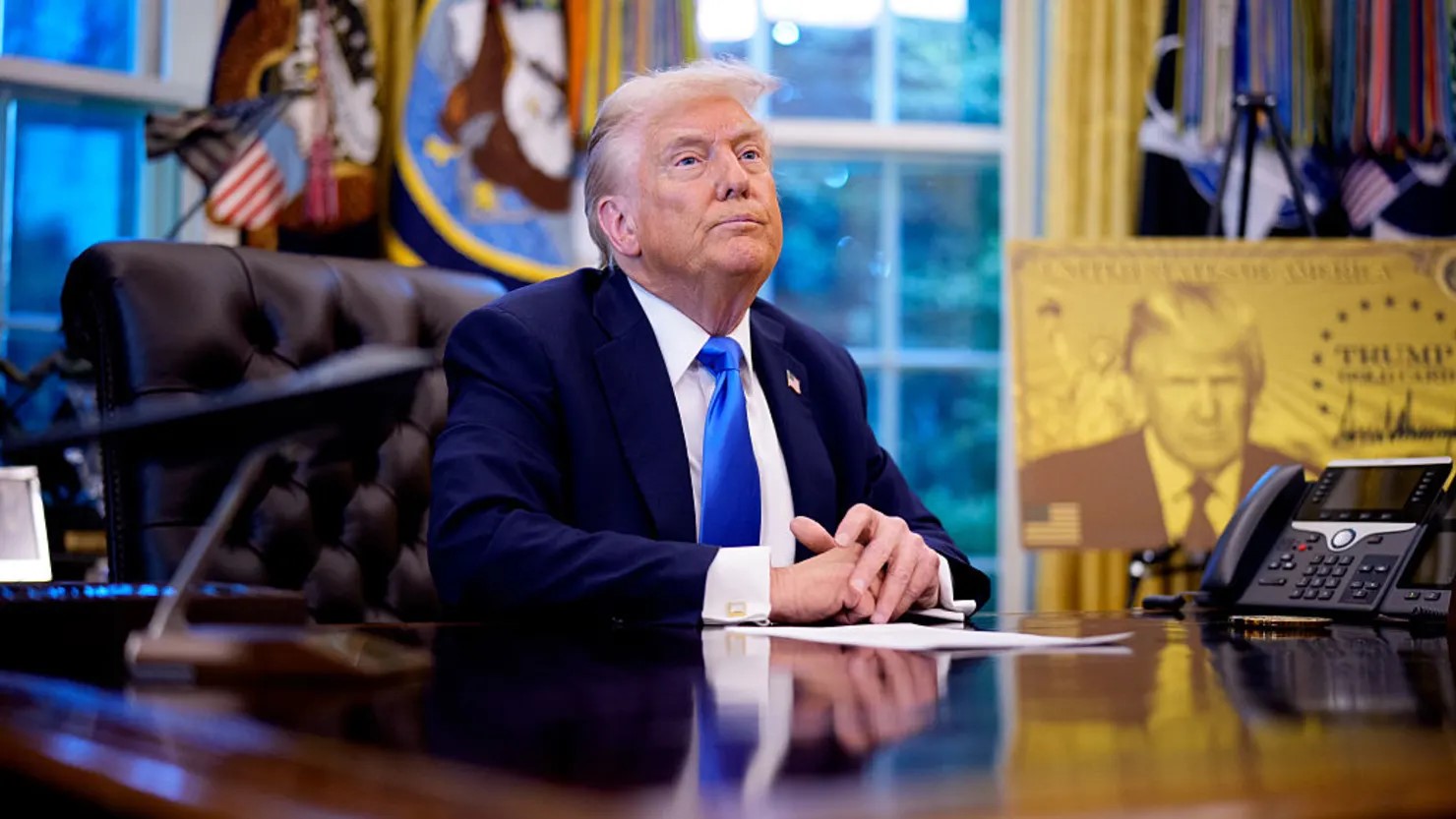
Experts Warn Trump’s H-1B Visa Changes Could ‘Hinder Startups’ and Divert Talent Abroad

 :
| Updated On: 25-Sep-2025 @ 1:56 pm
:
| Updated On: 25-Sep-2025 @ 1:56 pmSHARE
Over the past few days, the U.S. tech sector has been thrown into uncertainty as industry leaders and experts assess the impact of President Donald Trump’s latest immigration policies, particularly changes to the H-1B visa program. On Friday, the administration announced a new $100,000 fee for H-1B visas, which are temporary work permits for highly skilled foreign professionals and have long supported the U.S. technology workforce. While some executives, including Netflix co-founder Reed Hastings and OpenAI CEO Sam Altman, praised the fee as a mechanism to focus H-1B use on high-value jobs, critics warn that it could severely impact startups and divert top talent abroad, benefiting competitors like China and India.
Historically, H-1B visa applications cost employers between $2,000 and $5,000, depending on company size. The sudden jump to $100,000 poses a major financial hurdle for small, cash-strapped startups, potentially preventing them from hiring highly skilled international workers. Adam Kovacevich, CEO of Chamber of Progress, highlighted that most startups cannot afford such high fees, while larger tech companies like Microsoft and Google, though affected, have the financial capacity to adapt, offshore jobs, or pursue acquisitions to manage the changes. Y Combinator CEO Garry Tan criticized the fee as “kneecapping startups” and favoring overseas tech hubs, warning that it undermines U.S. innovation during a critical AI race.
The current H-1B annual cap stands at 65,000 visas, with an additional 20,000 for holders of advanced degrees. Major tech companies like Amazon, Microsoft, Meta, Apple, and Google employ large numbers of H-1B visa holders, and prominent executives—including Satya Nadella, Sundar Pichai, and Elon Musk—were former H-1B recipients. In response to confusion over the new fee, the White House clarified that it applies only to new visas, not renewals, and is not an annual charge.
Further adjustments are under consideration. The administration proposed a weighted lottery system based on wage levels, replacing the current random selection process. This aims to prioritize higher-paying jobs when visa demand exceeds available slots. Hastings and Altman have expressed support, viewing the changes as a way to attract top talent and streamline recruitment for critical positions.
However, experts warn that the policy could have far-reaching consequences. By raising the cost of hiring skilled workers in the U.S., it may push talent toward other countries, undermining American competitiveness and innovation. Steven Hubbard from the American Immigration Council noted that competitors in Asia, Canada, and Europe could benefit by attracting highly skilled employees. China, in particular, poses a significant challenge, having made strides in AI development at lower costs, as demonstrated by the Chinese AI firm DeepSeek earlier this year.
Visa restrictions may also deter international students from pursuing education and careers in the U.S., further affecting the domestic talent pipeline. Greg Morrisett from Cornell Tech stated that foreign students might choose to remain in their home countries, giving an advantage to nations like China and India in nurturing startups and technology ecosystems. Bradley Tusk, CEO of Tusk Venture Partners, called the changes “terrible,” emphasizing that access to global talent has historically been a critical factor in maintaining the U.S.’s technological edge. Limiting the ability to recruit top talent, he argued, is both illogical and detrimental to American companies’ competitive advantage.
In summary, while the new H-1B visa fee and proposed rule changes aim to prioritize high-value positions, they risk crippling startups, reducing innovation, and driving top talent abroad. Large firms may navigate the policy through financial resources, but the broader impact on the U.S. tech ecosystem could be profound, affecting competitiveness, global leadership in AI, and the country’s ability to attract and retain the best international talent. The policy underscores the tension between immigration regulation, economic strategy, and the evolving needs of America’s technology sector.